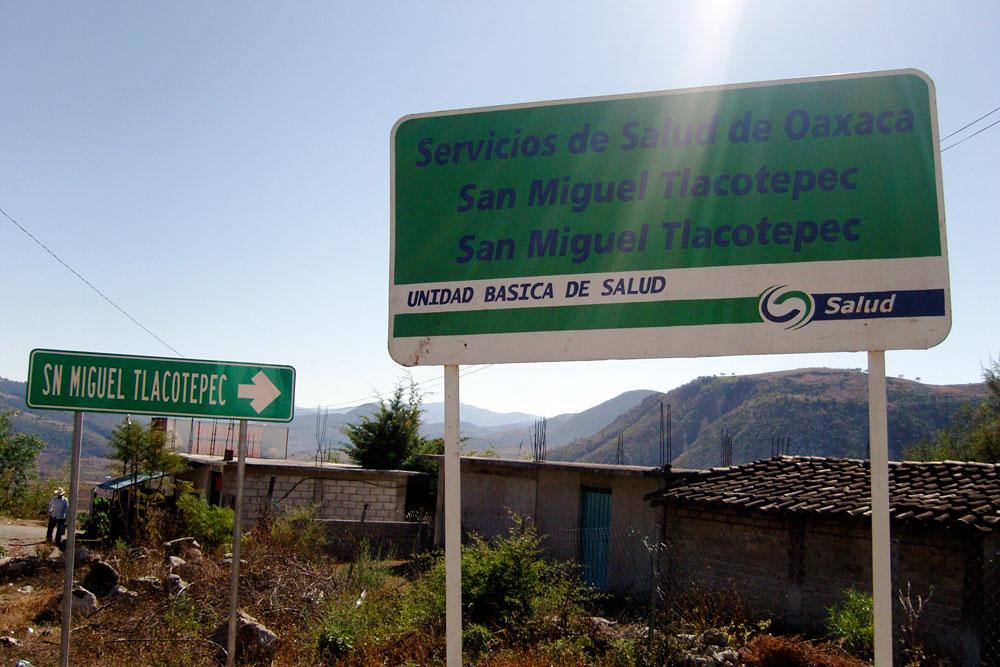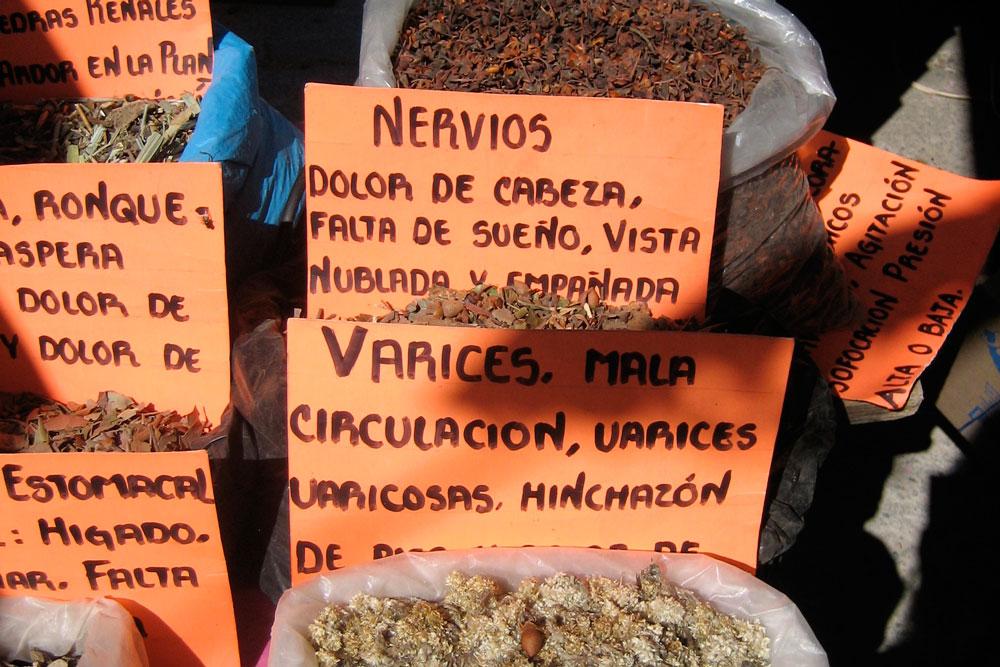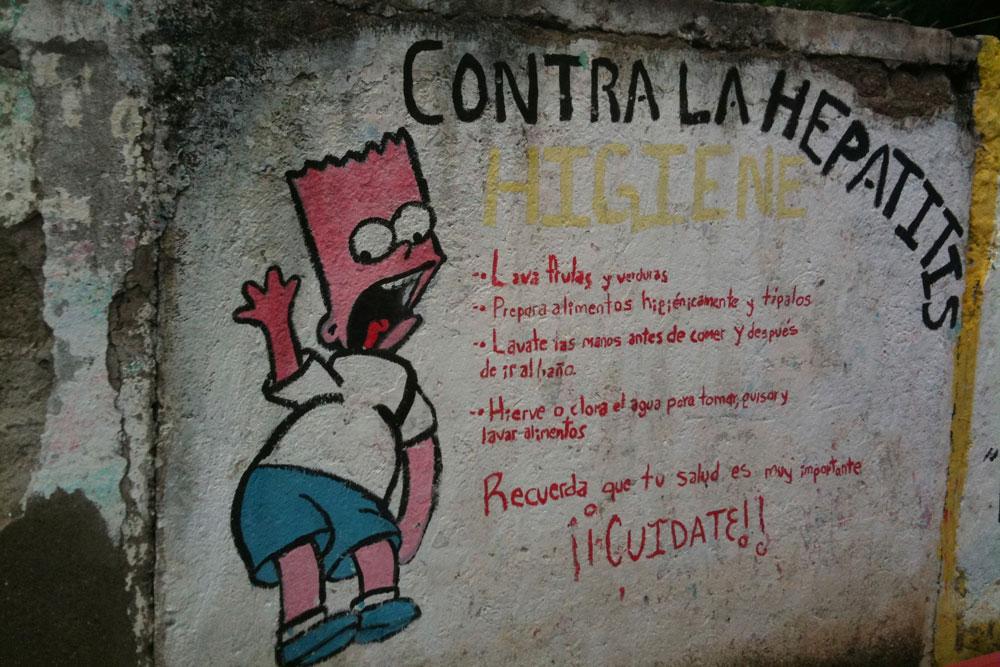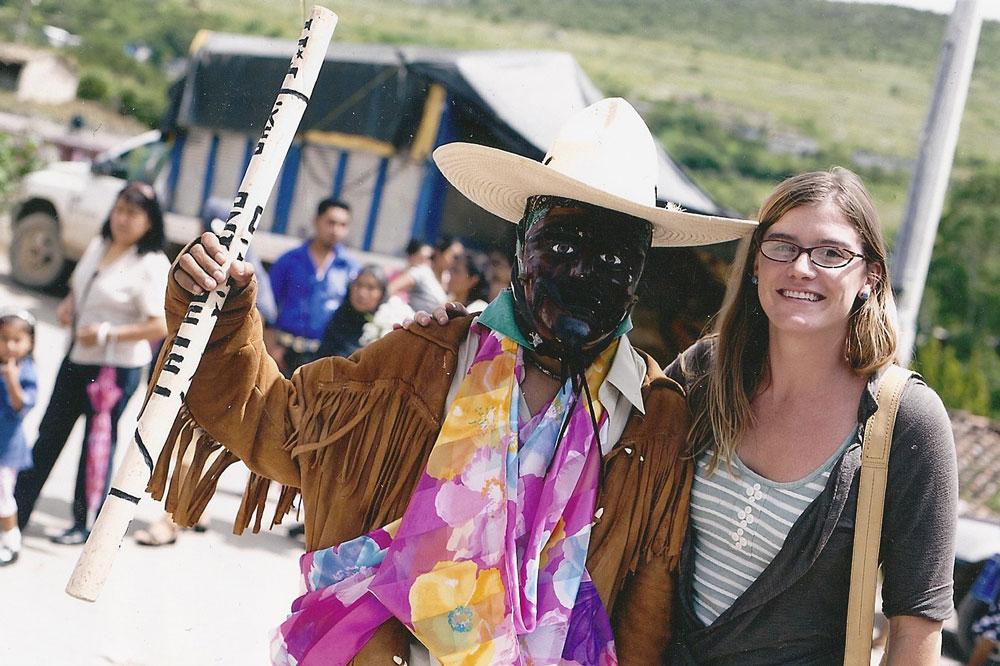Medical Anthropology
How do understandings of health and illness vary cross-culturally? What factors—social, cultural, ecological, economic—impact health and well-being around the world? What happens when different medical systems come into contact and conflict? These are a few of the many questions medical anthropology seeks to answer. Focused on the study of health, illness, healing, and healthcare systems across sociocultural contexts, medical anthropology is a rapidly growing subfield of anthropology relevant to a number of related disciplines such as medicine, community and public health, nursing, and psychology. Students of medical anthropology learn to use anthropological methods such as participant observation and interviews to understand individual and community health and their connections with broader sociocultural processes.
In addition to academic work, those trained in applied medical anthropology are increasingly in demand outside of universities. Just to name a few, they work in hospitals and clinics, where they might analyze the role of culture in treatment or act as liaisons between professionals and patients; they are instrumental in international development projects, where they might develop culturally appropriate healthcare initiatives or assess the efficacy of already existing initiatives; and they are employed by governmental agencies, where they might interview community members about barriers to healthcare access.
Students currently studying medical anthropology at UNC are involved in research and community engagement projects, including Project HealthViews, a research collaboration with Salud Family Health Centers in northern Colorado. Through Project HealthViews, students get real-world medical anthropology experience while benefiting a community partner and helping to improve healthcare in the region.
If you are interested in medical anthropology, contact Whitney Duncan for more information.
Research in Oaxaca, Mexico
Dr. Whitney Duncan






